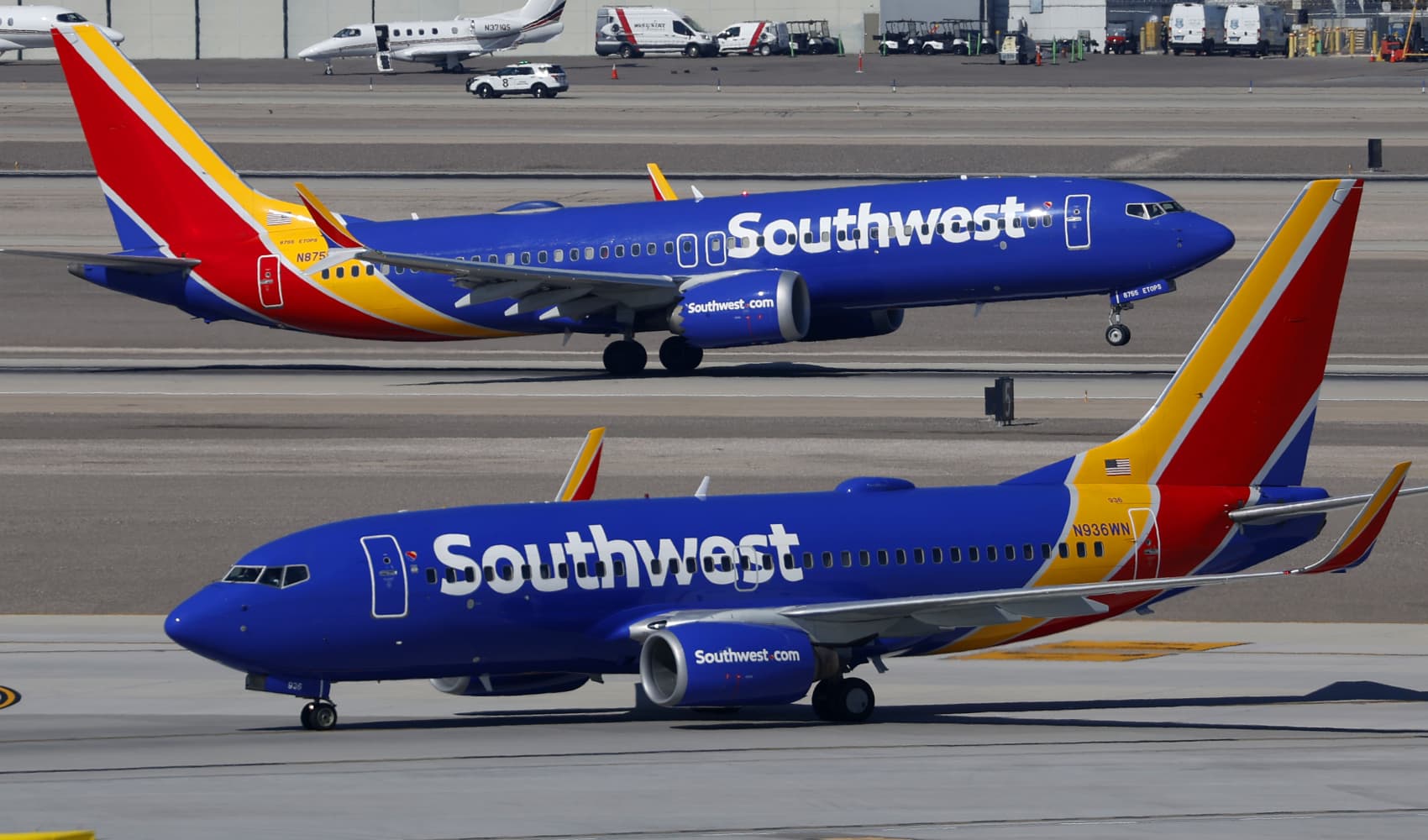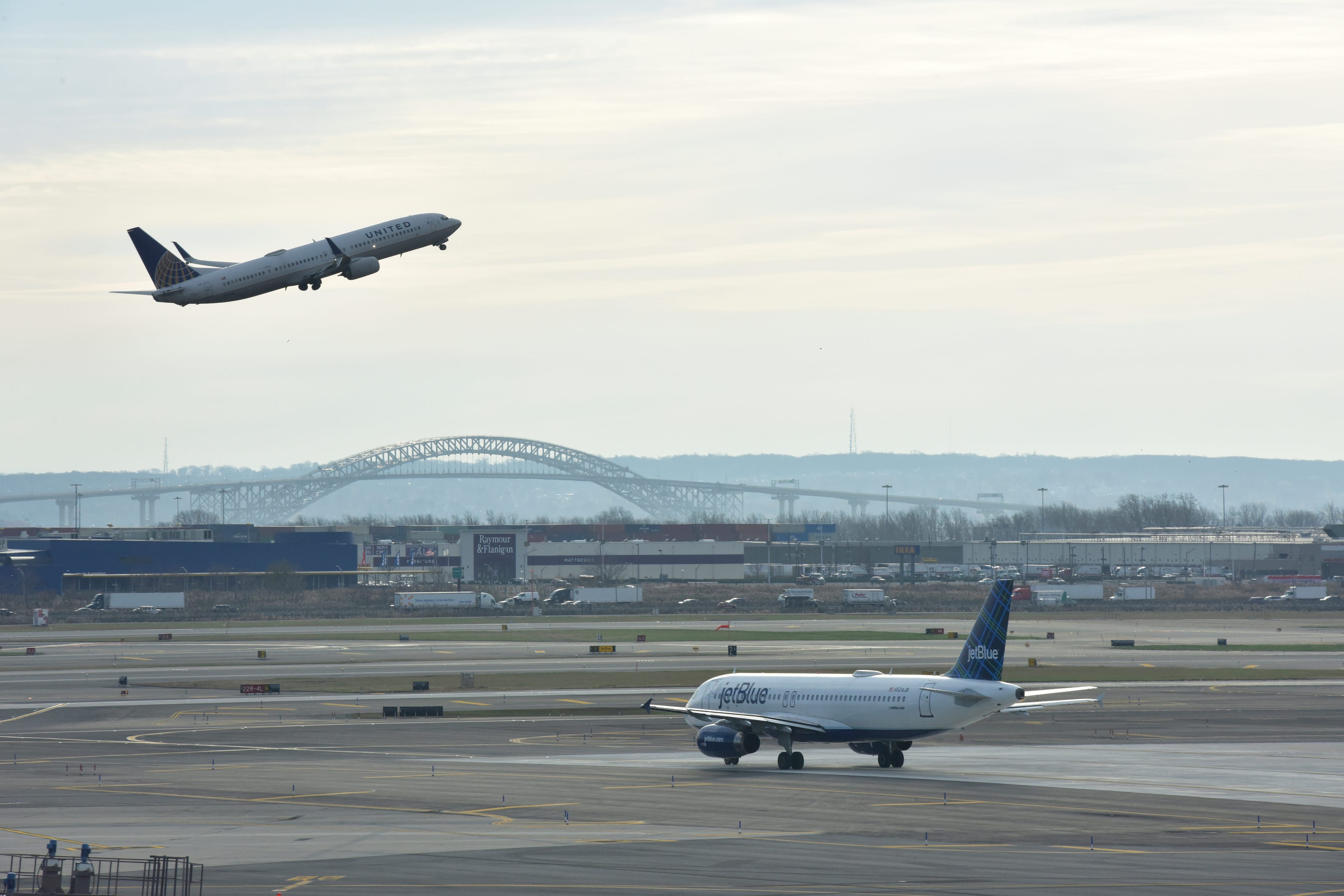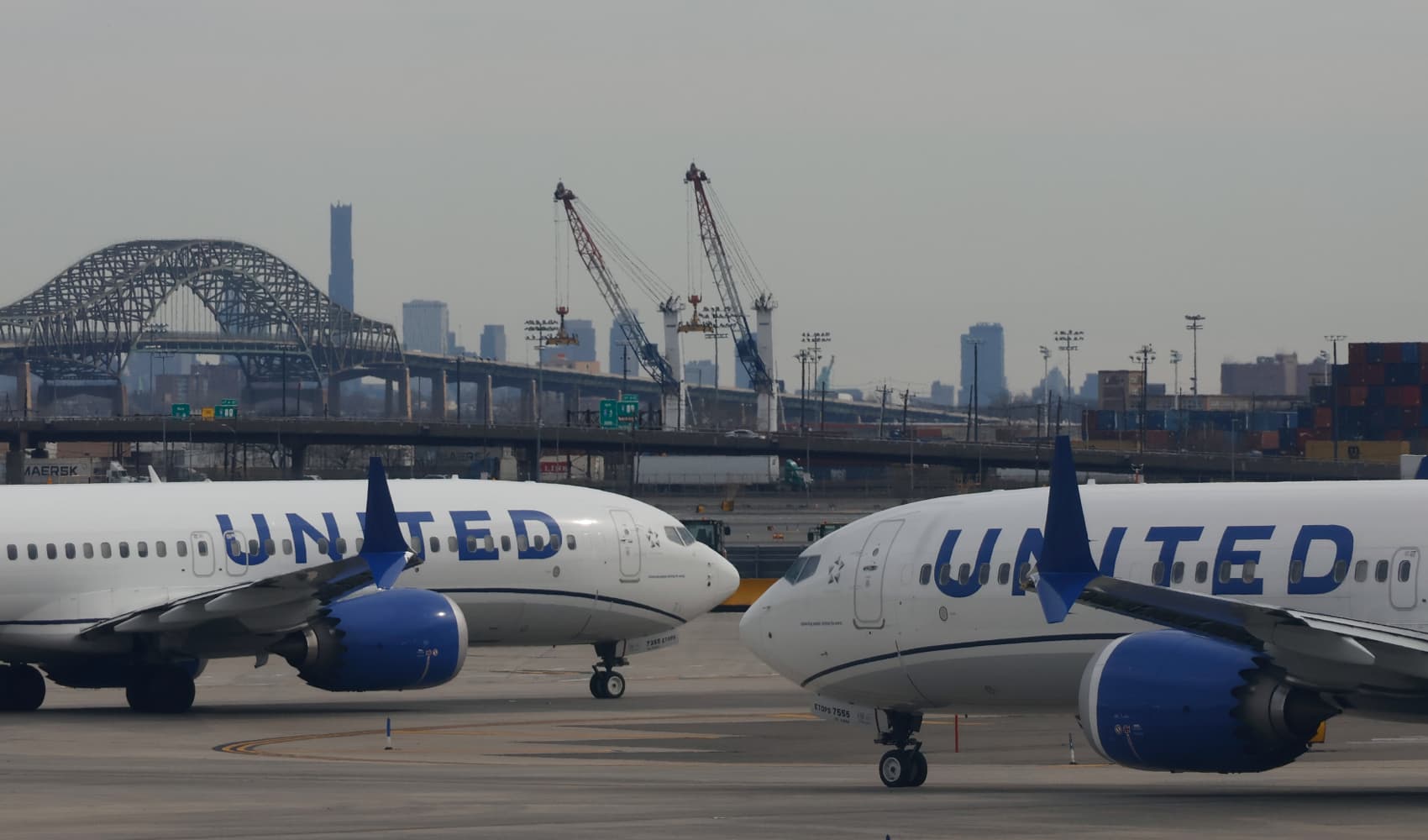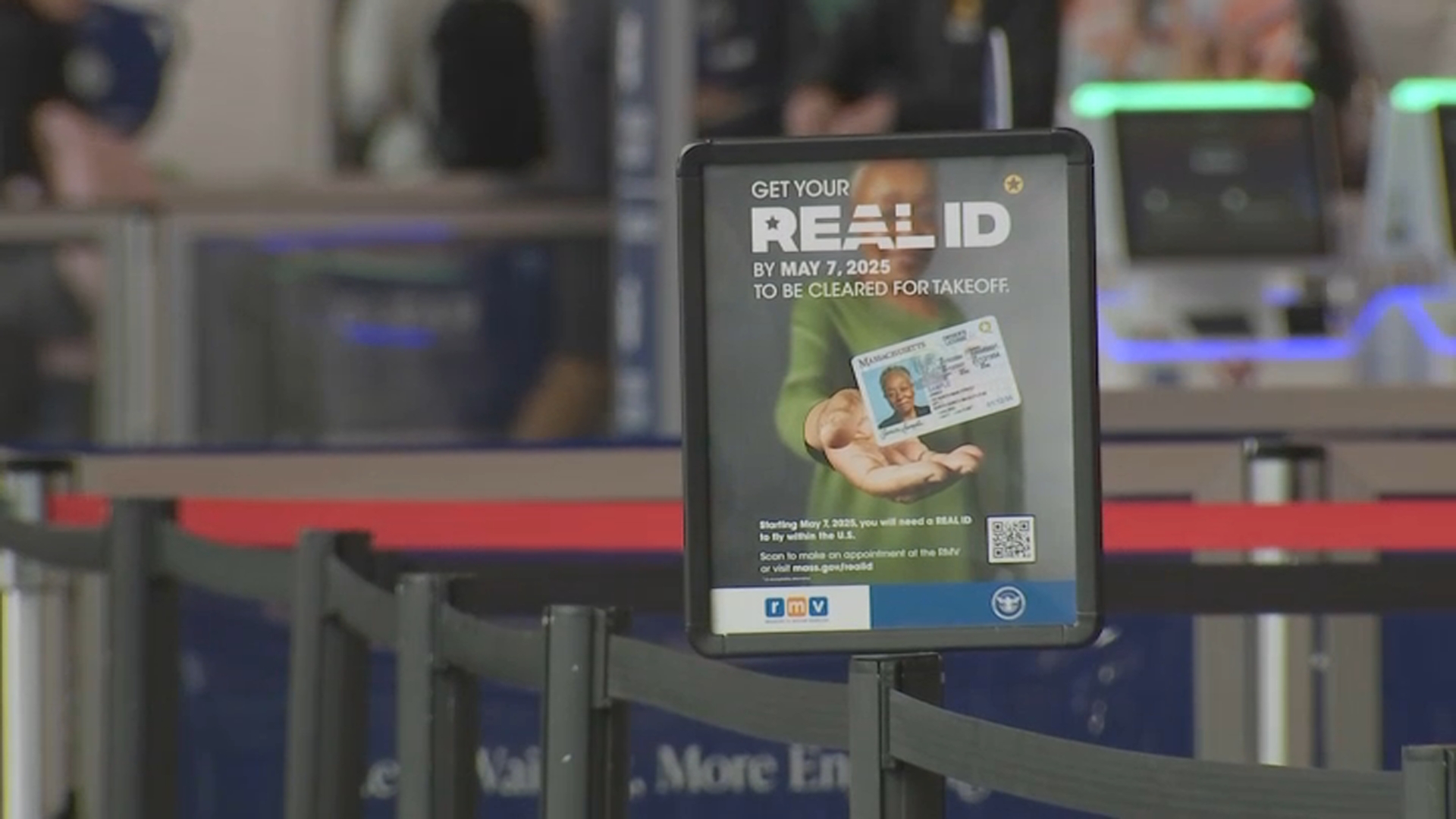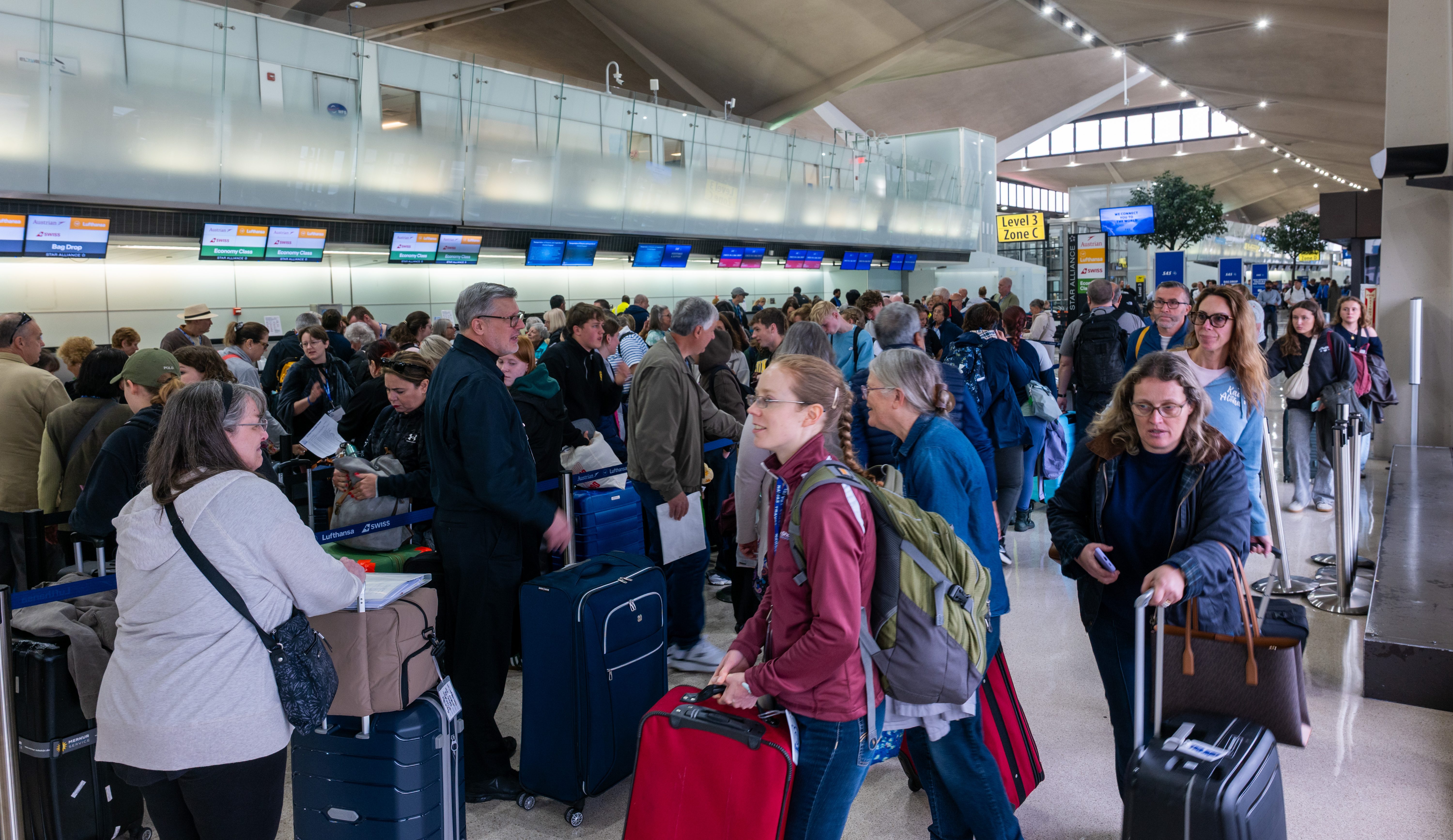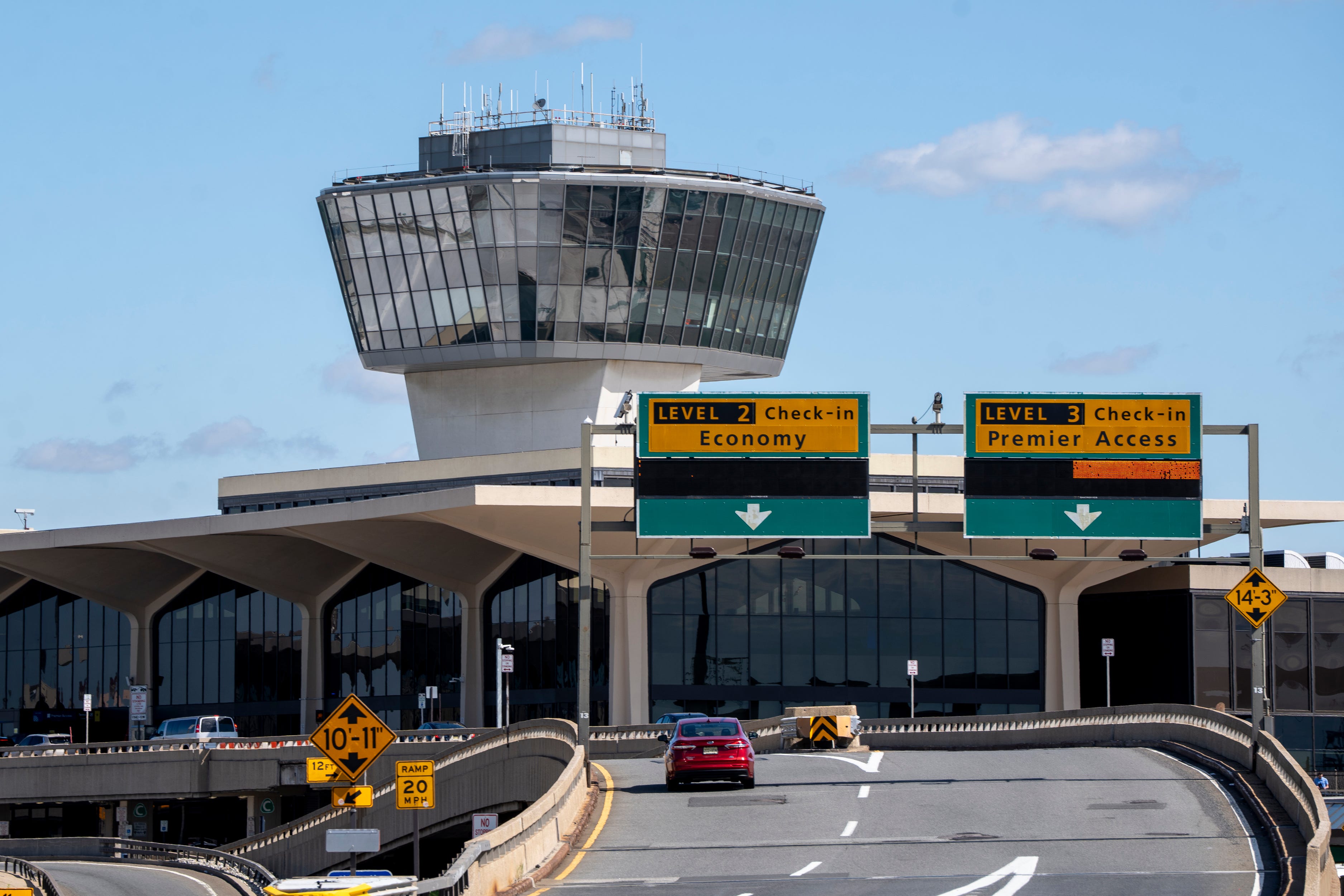Southwest Cuts Flights: What It Means For You!
Southwest Airlines Turbulence: Flight Cuts and Economic Headwinds
Introduction: Buckle Up for a Bumpy Ride?
Hold on tight, travelers! It looks like we're in for some turbulence in the airline industry, specifically with Southwest Airlines. Citing "macroeconomic uncertainty," the airline is making some significant adjustments to its flight schedule and financial outlook. So, what does this mean for you, the average traveler? Let's dive in and unpack the situation, shall we? Essentially, Southwest is bracing for potential economic storms ahead.
Southwest Pulls the Plug on Future Guidance
One of the most significant moves Southwest has made is pulling its full-year 2025 and 2026 EBIT (Earnings Before Interest and Taxes) guidance. In plain English, that means they're saying they can't reliably predict how well they'll perform financially over the next couple of years. Think of it like trying to predict the weather a year from now – a lot can change!
What Does "Macroeconomic Uncertainty" Mean?
Ah, the magic words! "Macroeconomic uncertainty" is a fancy way of saying that the overall economy is unpredictable. This can include factors like inflation, interest rate changes, consumer spending habits, and global events. It's the airline's way of admitting it's navigating a turbulent financial environment.
Flight Cuts on the Horizon
Prepare for potential changes to your travel plans. Southwest Airlines has announced plans to cut its flight schedule in the latter half of the year. They're not alone, though. Other major airlines like Delta and United have also signaled similar reductions.
Why Are Airlines Cutting Flights?
The reasons behind these cuts are multifaceted. One major factor is weaker-than-expected domestic bookings. Airlines are seeing fewer people booking flights, which suggests that demand for travel might be softening. Think of it like a restaurant noticing fewer customers – they might decide to reduce their menu or shorten their hours.
Revenue Projections: A Flat Landing?
Southwest anticipates its unit revenue to remain flat or even decrease by as much as 4% in the second quarter compared to last year. Unit revenue is a key metric that measures how much money an airline makes per available seat mile. A decline indicates that the airline isn't making as much money per flight as it used to.
What Affects Unit Revenue?
Several factors can influence unit revenue, including ticket prices, fuel costs, and the number of seats sold. If ticket prices are lowered to attract more customers, or if fewer seats are sold on each flight, unit revenue will likely decline. This flat to decreasing revenue suggests a potential slowdown in growth.
Reading Between the Lines of the Securities Filing
In a securities filing, Southwest stated that it's difficult to forecast due to "recent and short-lived booking trends." In essence, booking patterns are unpredictable, making it challenging for the airline to plan effectively. Imagine trying to build a house on shifting sands – it's not a very stable foundation!
Why Are Booking Trends So Unpredictable?
Several factors can contribute to unpredictable booking trends. Changes in consumer confidence, geopolitical events, and even weather patterns can all affect people's travel plans. Remember the travel boom after the pandemic lockdowns? That was a very predictable trend. Now, things are less clear.
Following the Pack: Delta and United's Moves
Southwest isn't the only airline feeling the pressure. United Airlines and Delta Air Lines have also announced plans to scale back their domestic capacity in the second half of the year. This suggests a broader trend affecting the airline industry as a whole.
Is This a Sign of a Recession?
While flight cuts don't necessarily indicate a recession, they can be a signal of economic uncertainty. A healthy economy typically sees strong demand for travel, both for business and leisure. When airlines start cutting flights, it could be a sign that they anticipate a slowdown in economic activity.
What Does This Mean for Travelers?
So, how does all of this affect you, the traveler? Well, here are a few potential implications:
- Potential for Higher Fares: As airlines reduce capacity, there might be less competition for seats, which could lead to higher fares.
- Fewer Flight Options: With fewer flights available, you might have fewer choices when it comes to departure times and destinations.
- Increased Chance of Flight Changes: Airlines might consolidate flights, which could result in changes to your existing bookings.
Tips for Navigating Airline Uncertainty
Don't panic! There are things you can do to mitigate the potential impact of these changes:
- Book Early: If you have travel plans, book your flights as early as possible to secure the best prices and availability.
- Be Flexible: Consider being flexible with your travel dates and times. Flying on less popular days or at off-peak hours can often save you money.
- Monitor Your Bookings: Keep a close eye on your existing bookings and be prepared for potential changes.
- Consider Travel Insurance: Travel insurance can protect you in case of flight cancellations or other unforeseen circumstances.
Looking Ahead: The Future of Air Travel
The airline industry is constantly evolving, and the current economic uncertainty is just another challenge that airlines will have to navigate. While there might be some short-term disruptions, the long-term outlook for air travel remains positive. The key is to stay informed and be prepared for potential changes.
The Role of Technology
Technology will continue to play a significant role in the future of air travel. Airlines are investing in new technologies to improve efficiency, reduce costs, and enhance the passenger experience. This includes things like advanced data analytics, artificial intelligence, and more fuel-efficient aircraft.
Southwest's Strategy: A Measured Response
Southwest's decision to cut flights and pull its financial guidance appears to be a measured response to the current economic climate. By taking these steps, the airline is positioning itself to weather any potential storms and emerge stronger in the long run.
Is Southwest's Strategy Sound?
Only time will tell if Southwest's strategy is the right one. However, by proactively addressing the challenges they face, they're increasing their chances of success. Adaptability is key in the volatile airline industry.
Conclusion: Navigating the Skies of Uncertainty
In conclusion, Southwest Airlines' decision to cut flights and pull its financial guidance reflects the broader economic uncertainties facing the airline industry. While this might lead to some challenges for travelers, by staying informed and being prepared, you can navigate these turbulent skies with confidence. Keep an eye on those bookings, pack your patience, and remember that the best travel experiences often come with a little bit of flexibility! The airline industry is dynamic and constantly changing, and staying informed is the best way to adapt.
Frequently Asked Questions
- Why is Southwest Airlines cutting flights?
Southwest is cutting flights due to weaker-than-expected domestic bookings and "macroeconomic uncertainty." They are anticipating a potential slowdown in demand for air travel.
- How will these flight cuts affect my travel plans?
You might experience fewer flight options, higher fares, and a greater chance of flight changes. It's important to monitor your bookings closely.
- What does "macroeconomic uncertainty" mean?
It refers to unpredictable economic factors such as inflation, interest rate changes, and consumer spending habits, making it difficult for companies to forecast future performance.
- Are other airlines also cutting flights?
Yes, Delta Air Lines and United Airlines have also announced plans to scale back their domestic capacity, indicating a broader industry trend.
- What can I do to protect myself from these changes?
Book your flights early, be flexible with your travel dates, monitor your bookings regularly, and consider purchasing travel insurance.
